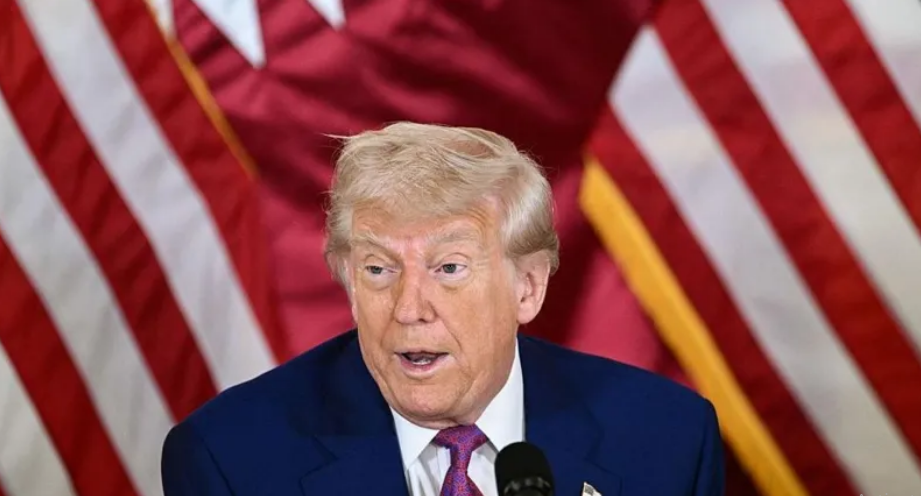A day after U.S. President Donald Trump claimed India had agreed to drop all tariffs on American imports, India’s Ministry of External Affairs firmly denied the assertion, saying trade talks were still ongoing and no final agreement had been reached.
Speaking to local media, Indian Foreign Minister S. Jaishankar refuted Trump’s statement, asserting that discussions with the U.S. are continuing and “nothing is decided till everything is.” He emphasized that any trade agreement must be mutually beneficial and balanced for both sides.
“That would be our expectation from the trade deal,” Jaishankar said. “Until that is done, any judgment on it would be premature.”
Trump had made the claim during a business event in Doha, where he announced a series of trade agreements with Qatar, including a major Boeing aircraft deal. While discussing Apple’s decision to move much of its iPhone production to India, Trump suggested that he had discouraged the shift due to India’s historically high tariffs.
“They have offered us a deal where basically they have agreed to charge us literally no tariffs,” Trump said, describing a conversation with Apple CEO Tim Cook. “India can take care of themselves.”
India and the U.S. are currently negotiating a trade agreement aimed at resolving long-standing tariff disputes. President Trump previously imposed tariffs of up to 27% on Indian goods in April, prompting Delhi to seek a resolution during a 90-day pause in tariff hikes, which expires on July 9.
Trade analysts, however, warn that a sweeping zero-tariff agreement is unlikely. While India has already lowered duties on select American products such as Bourbon whiskey and Harley-Davidson motorcycles, broader concessions—particularly in sensitive sectors like agriculture and automobiles—remain politically challenging.
Ajay Srivastava, a Delhi-based trade expert, said India could potentially offer to eliminate tariffs on 90% of U.S. exports using a “zero-for-zero” model. “But the deal must ensure strict reciprocity, with both sides eliminating tariffs equally,” he cautioned.
The U.S. and India are aiming to more than double their bilateral trade volume to $500 billion, up from $190 billion last year. However, the U.S. maintains a $45 billion trade deficit with India, which remains a sticking point in the talks.
India has recently signaled a more open stance toward international trade agreements. In the past year, it signed a $100 billion free trade pact with the European Free Trade Association (EFTA) and inked a deal with the UK slashing tariffs on several protected goods. A long-awaited free trade agreement with the European Union is also reportedly in the final stages of negotiation.


